Investing for Holistic Transformation
Unfortunately, Africa is often associated with words with negative connotations: corruption, aids, donor fatigue, genocide, bad governance, colonialism, malaria, slavery, famine, poverty, civil wars, blood diamonds, et cetera.
A trillion dollar of aid has not raised the continent out of poverty. A corrupt leader like Mugabe changed Zimbabwe from a breadbasket for a region to a basket case. Rwanda experienced a horrific genocide in 1994 where up to one million people were killed in about 100 days. The negative examples above do not fully or fairly reflect Africa as a whole. Many African countries are now experiencing economic growth, peace and reconciliation, and there are increasing foreign investments.
But sub-Saharan Africa is still lagging behind in many ways, especially compared with some Asian countries. Singapore was transformed from a poor swampland to one of the most prosperous countries in the world in about 50 years. Can it happen in Africa?
Sub-Saharan Africa today has some of the most Christian countries in the world (percentage of Christians), some of the poorest countries in the world,and some of the most corrupt countries in the world. What is wrong with this picture? Is this success? Is this in line with our mission as Christians? Is this what God wants?
Our mission and success criteria must include transformation. We want people and societies to be transformed – holistically. And businesses play a critical role to that end.
We held a global consultation on ‘Business as Integral Calling’ at Wheaton College in the USA in 2009. The ‘Wheaton Declaration’ states:
“Businesses that function in alignment with the core values of the Kingdom of God are playing an important role in holistic transformation of individuals, communities and societies.”
But it is not just doing business with a touch of ‘churchianity’. It is not about doing some churchlike activities in business. It is about meeting needs, different kinds of needs: economic, social, spiritual, and other needs - as we do business. Missional business is about having a holistic outlook and approach, just like Jesus. He never told anyone they had the wrong kind of need! He constantly and consistently met all kinds of needs; preaching, demonstrating and extending the Kingdom of God.
The ‘Business as Mission Manifesto’ says: “We believe that the Gospel has the power to transform individuals, communities and societies. Christians in business should therefore be a part of this holistic transformation through business.”
Transformation is about a good and lasting change. And that takes time; we need to have an inter-generational perspective. It also presupposes that there is financial capital to start and grow holistic impact businesses.
As Christian investors who desire to see wealth deployed to advance Gods kingdom on earth, we need to understand the importance of small & medium size enterprises (SME’s). They are strong transformational agents – not only economically. They are in many ways the backbone of developed economies. SMEs are often missing to a large extent in poor countries and regions, and where the name of Jesus is rarely heard – or if heard, often misunderstood.
We must be a part of God’s centrifugal force, moving out and beyond our immediate comfort zones. To all peoples and nations. Also, with our investments.
